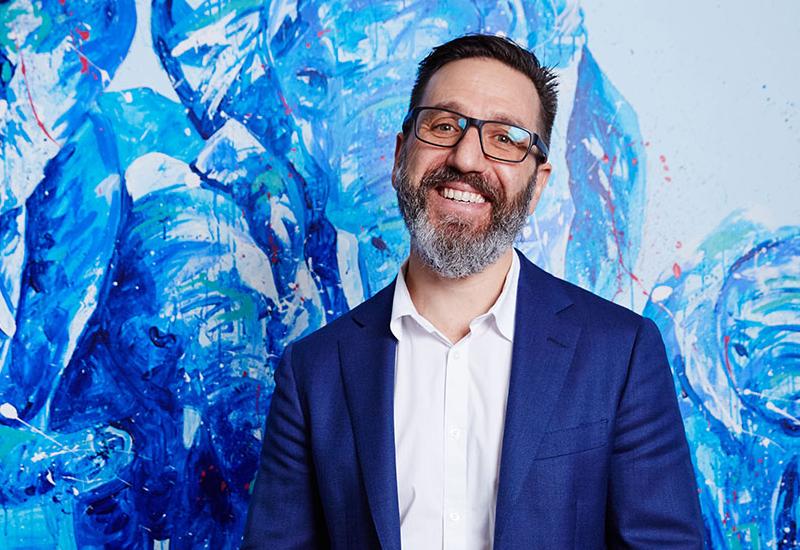Anthony Tripolino FIPA: Lessons from teenage side hustles
Having proven his entrepreneurial flair as a teenager, Anthony Tripolino FIPA was taught lessons around work ethic by...
READ MORE
The principles underpinning the positive psychology movement can be harnessed in tackling what is most worrying the Australian workforce.

Journalist James Mitchell took some time out with Dr Tim Sharp from the Happiness Institute to discuss the benefits of positive psychology both at home and at the workplace.
What is the positive psychology movement?
Positive psychology was officially born in the late 1990s when a few, influential psychologists began to ponder the focus of psychology. For too long, they noted, we’ve focused on what’s wrong with people; what if we were to ask what’s right? As a result, a science of thriving and flourishing was born with an active focus on promoting healthy and happy living as opposed to just finding remedies for misery and dysfunction. The two are not mutually exclusive; but rather, they complement each other well and positive psychology can be seen as extending more traditional approaches. A metaphor that’s often used is that traditional, clinical psychology, helped people move from minus 10 (distress and disability) to zero (okay-ness); Positive psychology asks: why stop there? Let’s continue and build on the momentum and go from zero to positive 10 (real health and happiness and living one’s best life).
Do you agree with Abraham Lincoln who said that ‘Most folks are as happy as they make their minds up to be’?
Yes and no. Attitude is very important. Real optimism is indubitably correlated with health and wellbeing, happiness and resilience. And optimism is most definitely something we can choose to do; or at least it’s definitely something we can learn to choose to do. But at the same time, it’s important to note that situational and circumstantial factors do play a role; as do relationships and other external factors. So, although a large part of happiness is up to us and the choices we make; we don’t necessarily or always have 100 per cent control.
What is the difference between anxiety and depression?
One the one hand, anxiety and depression are both normal, human emotions. They’re both part of being human and should not be denied or repressed. Part of real happiness is about accepting the full range of human emotions, doing what we can to accept and manage the unpleasant ones and create and maximise the more pleasurable ones.
At the same time, if or when these become excessive some people will experience a major depressive disorder and/or one of the anxiety disorders (such as panic disorder, agoraphobia, obsessive compulsive disorder etc.). The difference between “normal” negative emotion and a psychological disorder is that the latter involves pervasive emotion, over an extended period of time (so not just a bad day or two) where regular functioning (at work or school or within a social or familial context) is impaired. When this happens, professional help should definitely be sought.
Do you think social media can be bad for mental wellbeing?
There’s no doubt that overuse of social media, or excessive screen time more generally, can be problematic. And particularly, if or when one compares one’s own “real” and “messy” and “imperfect” life with the seemingly “perfect” and “ideal” lives of others then feelings of inadequacy and depression can become common. But at the same time, social media can be informative, stimulating, inspiring and notably, it can help us connect with and maintain relationships with others. The key, therefore, is in using technology to facilitate and enhance “real life”; not replace it!
What issue do most working Australian professionals have in common?
Stress. When it comes to workplace stress then the most common causes tend to be feeling under-resourced and overwhelmed, believing one doesn’t have the ability to control one’s circumstances, not feeling like it’s possible to use one’s strengths or attributes on a regular basis, and loneliness, or not having friends/confidantes within the organisation.
Dr Tim Sharp, founder, The Happiness Institute